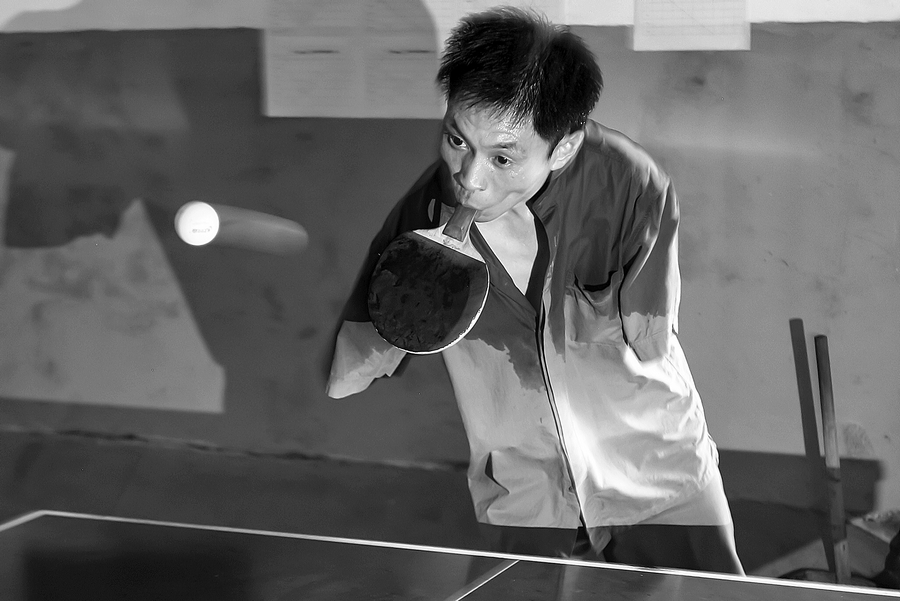

Zheng is also credited for his role in carrying out free public photography lectures and taking photos of centenarians in villages during his time with the Lin'an Photographers Association, as well as nurturing more than 100 young photographers.
"I'm grateful to photography — it has given meaning to my life, and I'm grateful for the era — it's society's care for the physically challenged that has helped turn my dreams into reality," Zheng says.
Zheng himself has been no stranger to hardship. He lost his hands and suffered facial scars as an infant after an accident.
From an early age, he faced many more difficulties than his peers, even when tackling the most mundane daily tasks, such as holding a spoon or using a pencil to write.
His experience has given him a tough character.
"Since I was young, the more others thought I couldn't do something, the more determined I was to prove them wrong," Zheng says.
He has been rejected by universities and turned down by employers who did not believe that a man without hands could be useful.
In 1983, a rural cultural station was hiring, but Zheng was turned away, because he was considered unfit for the photography work.
"I felt like I had to try and learn photography, so I could make people see that I could still hold a camera and record nice and beautiful things, even without hands," Zheng says.